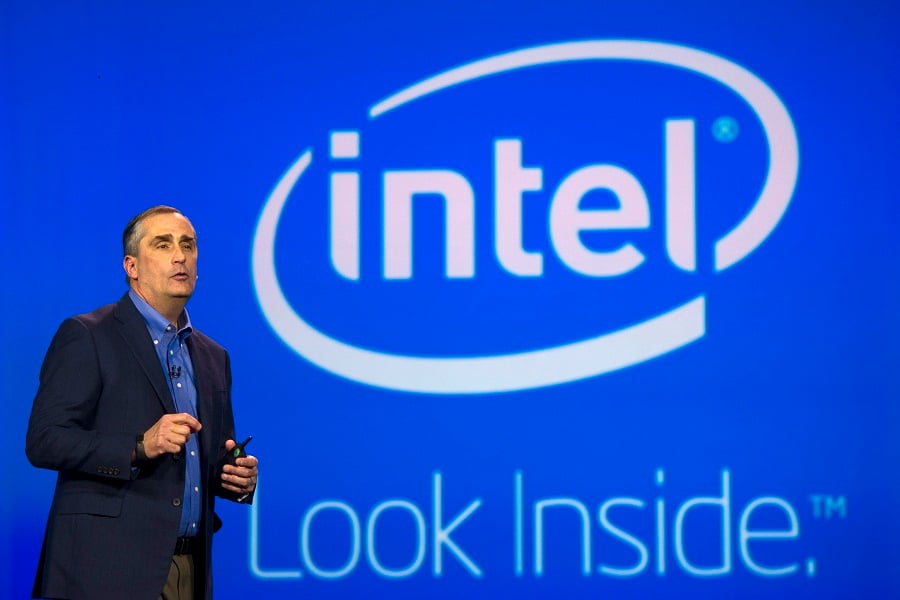A former Intel Corp. employee is suing officials at the Santa Clara, Calif.-based company for allegedly breaching their fiduciary responsibilities by investing defined contribution participants' retirement money in “risky and high-cost” hedge funds and private equity funds.
The lawsuit, which was filed Thursday in a U.S. District Court in San Jose, Calif., alleges 401(k) and profit-sharing participants who were invested in Intel's custom target-date series and global diversified fund lost hundreds of millions of dollars on underlying hedge funds and private equity investments.
The plaintiff, Christopher M. Sulyma, is fully vested in Intel's $8.19 billion 401(k) plan and partially vested in its $6.66 billion profit-sharing plan.
UNREASONABLE COST, RISKY INVESTMENTS
“The investment committee's allocation decisions not only deviated greatly from prevailing asset allocation models adopted by investment professionals and plan fiduciaries, but also exposed the plans and their participants to unreasonably costly and risky investments in hedge and private equity funds,” the lawsuit claims.
(More: DOL supports ESG fund use in 401(k) plans)
According to court documents, “Beginning in 2011, the investment committee dramatically altered the asset allocation model for the Intel (target-date portfolios) by increasing Intel TDP investments in hedge funds from about $50 million to $680 million. … Similarly, the investment committee increased the diversified fund's exposure to hedge funds and private equity investments during 2009 through 2014. During this period, the diversified fund's investment in hedge funds increased from about $582 million to $1.665 billion; … the fund's investment in private equity increased from about $83 million to $810 million.”
The lawsuit further claims that participants were not adequately made aware of the risks, fees and expenses associated with hedge funds and private equity, and that Intel's target-date series and diversified fund underperformed peer funds.
TARGET-DATE FUNDS
The target-date series is the largest component of Intel's 401(k) plan with $3.63 billion in assets as of April 30. The global diversified fund is the biggest option in profit-sharing plan with $5.82 billion in assets as of the same date.
As of Dec. 31, marketable and non-marketable limited partnership investments, which include hedge funds, commodities, emerging markets equity, private equity, credit, real estate, natural resources and energy totaled $3.93 billion across both plans, according to the company's most recent Form 5500 filing. A further breakout was not immediately available.
(More: 401(k) plans often provide greater chance for retirement savings than pensions: EBRI)
Earlier this year, Intel hired AllianceBernstein to manage the target-date series and diversified fund.
Stuart Odell, assistant treasurer, retirement investments, previously told
Pensions & Investments at the time that putting AllianceBerntstein in charge of the two options would relieve Intel of some of its fiduciary responsibility and streamline operations. He further said the move to external management was not related to the strategies' performance.
Mr. Odell and an Intel spokeswoman could not immediately be reached for comment by press time.
Meaghan Kilroy is a reporter with sister publication Pensions & Investments.







